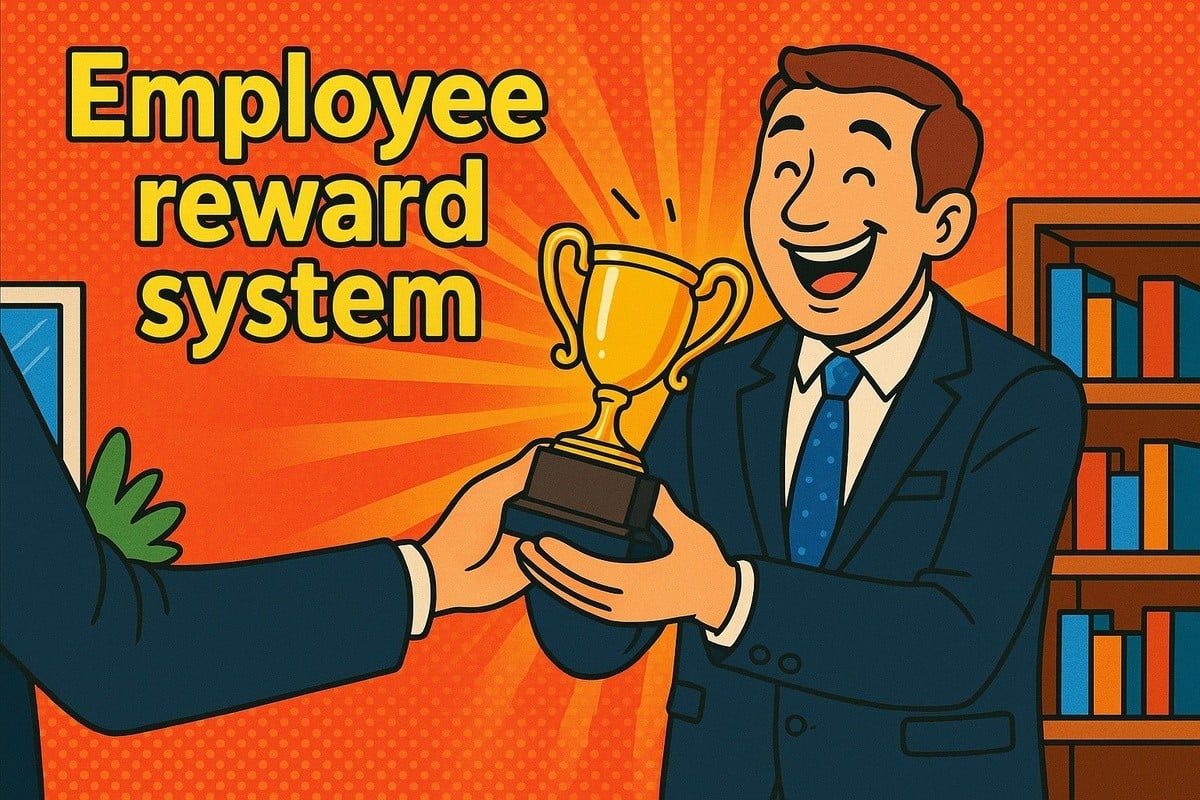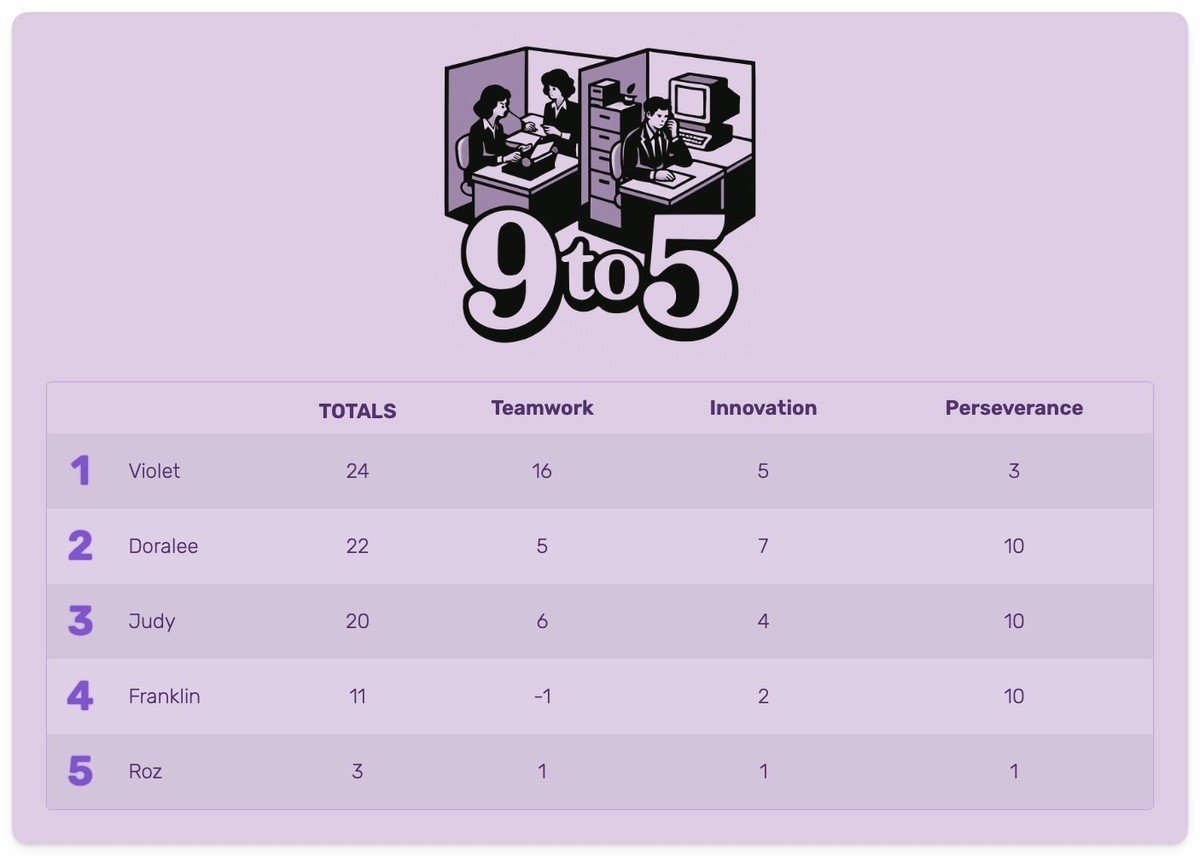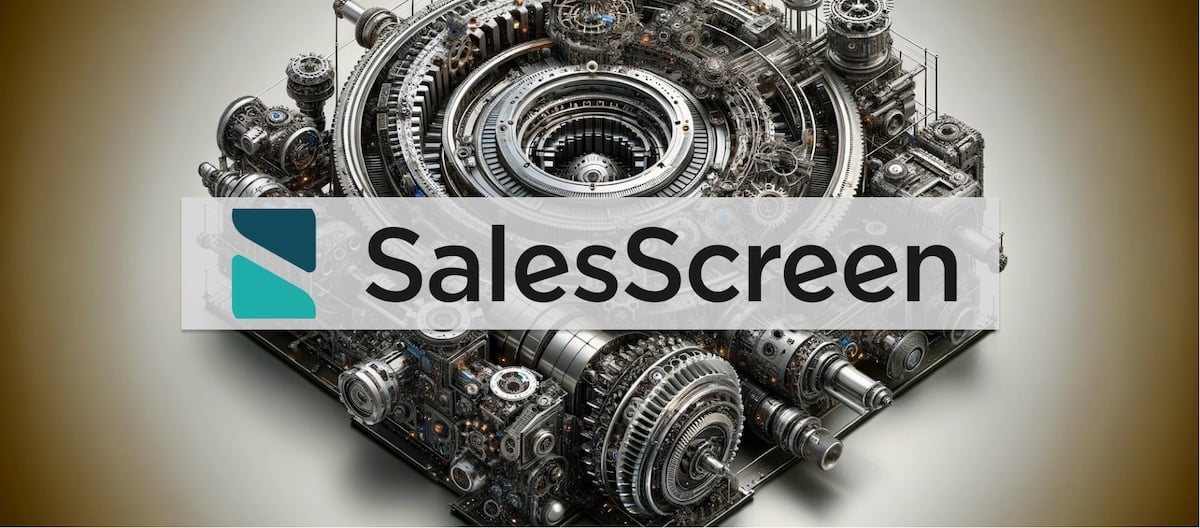The cost of hiring new employees is exorbitant. From the expenses associated with retraining and recruitment to the lost knowledge to the drop in productivity as new hires acclimate, statistics indicate that an employee making USD75,000 could cost a company up to USD300,000 to replace. This makes the argument for retaining employees strong. But how?
One simple way is recognition. According to research by Gallup, employees are 45 percent more likely to be at the same job two years down the line if their companies acknowledge their efforts and achievements. An employee reward system is a great way to do this.
 Acknowledging a job well done requires minimal effort, but could yield maximum benefits.
Acknowledging a job well done requires minimal effort, but could yield maximum benefits.
Benefits of Employee Reward Systems
If saving hundreds of thousands on retraining and recruitment aren’t incentive enough for you, here are a few other reasons why you should consider implementing an employee rewards system:
Increased motivation and engagement
Of course a great salary, office perks, and added benefits are an ideal way to motivate your employees. However, a reward system and the tangible benefit of succeeding are a more proactive way to get workers engaged in their tasks and with their teams on a daily basis.
Improved performance and productivity
An employee reward system offers workers a great opportunity to demonstrate their strengths and showcase their unique contributions to the company and their teams. With everyone striving to do their best, performance and productivity will likely improve.
Better team morale and corporate culture
Increased employee engagement at work strengthens teams by uniting them around a shared goal, thereby creating a culture of cooperation and commitment.
 A sense of camaraderie can turn the office into a place where employees want to be instead of a place they have
to be.
A sense of camaraderie can turn the office into a place where employees want to be instead of a place they have
to be.
Types of Employee Rewards
The types of rewards you decide to offer will be entirely contingent on your knowledge of your employees. How can you best incentivize them? The better you understand your employees’ interests, the more success you will have when choosing rewards that inspire them to be top performers. Here are a few ideas to get you started:
Monetary rewards
Maybe cold hard cash is your employees’ love language. If so, keep it simple by offering:
- Bonuses
- Gift cards
- Profit sharing
- Stipends for additional training
Tax Implications of Cash Rewards
Cash rewards given to employees—whether as bonuses, gift cards, or stipends—are considered taxable income in most jurisdictions. This means they must be reported to tax authorities and are subject to standard income tax, as well as employer payroll taxes. Employers are responsible for withholding taxes from these payments and reporting them on the employee’s wage statement (such as a W-2 form in the U.S. or Lohnsteuerbescheinigung in Germany). Failing to comply can lead to penalties. If tax implications are a concern, consider non-cash rewards, which may offer more flexibility under tax rules.
Therefore you might consider offering:
- Extra vacation days
- Recognition badges, certificates & trophies
- Public acknowledgement
- Company-sponsored celebrations (e.g. pizza party, excursions)
You should also consider offering a mix of individual and team rewards depending on what you’re rewarding. For some activities, it might make sense to award an entire team for a job well done, whereas other tasks might really highlight how a specific individual shines.
 Choosing the right rewards for your employees can help everyone stay motivated and engaged.
Choosing the right rewards for your employees can help everyone stay motivated and engaged.
How to Design Your Reward System
An employee reward system is akin to gamification at work. That means it can make ordinary tasks more fun and exciting. This comes with plenty of benefits, many of which we outline in this article. However, to be truly effective, your reward system should be deliberate and well-thought-out. Here are some points for you to consider:
Identify Clear Goals and KPIs
What exactly do you want to achieve with your reward system? How will you measure success? Spend some time considering what your company’s aims are so that you can integrate tasks that help attain these goals into your reward system.
Here are a few examples:
-
Goal: Improve customer satisfaction KPI: Increase average customer support rating from 4.2 to 4.7 in 3 months
-
Goal: Boost sales performance KPI: Achieve 10% growth in monthly sales per employee
-
Goal: Encourage cross-team collaboration KPI: Track the number of successful interdepartmental projects completed each quarter
-
Goal: Reduce employee turnover KPI: Lower annual turnover rate by 15%
-
Goal: Increase innovation KPI: Number of new ideas submitted or implemented through an internal innovation program
Use these metrics to guide which behaviors to recognize and reward.
Decide what actions you reward
Keeping in mind your corporate goals and KPIs, determine what activities and actions will be rewarded. For example, is top performance most important, or great teamwork, or innovative ideas? Also be sure that your employees actually value the rewards you choose. If the prizes aren’t attractive, it will be hard to get everyone on board.
Define clear expectations and criteria
Be transparent. Ensure that the criteria for awarding activities is obvious. Also be sure that every employee has an equal number of opportunities to be rewarded. This might mean you have to vary your activities or allow employees to team up and work together towards a common goal.
Use KeepTheScore to Start Rewarding Your Employees
Now that you’re ready to implement your employee rewards system, it’s time to decide how to keep track of your employee’s successful actions. KeepThe Score offers an ideal digital solution. You can make any updates in real-time and employees can access results from their devices whenever and wherever. This will help them stay motivated and on track to succeed. Here’s how to get set up!
- Create a Scoresheet with rounds.
- Enter the participants' names.
- Click on Settings to choose a new theme or layout or add your own logo. You can also change the default colors and background image.
- Each time you add scores, you can create a new round with the title of whatever activity, etc. you want to reward.
- Start tracking your goal!
 What types of activities are most relevant for your company? Decide what matters and then add it to your leaderboard.
What types of activities are most relevant for your company? Decide what matters and then add it to your leaderboard.
Sign up for KeepTheScore and boost your team's motivation today! And if you have any questions or insights, share them with us in the comments section! For regular inspiration on how to use KeepTheScore delivered right to your inbox, sign up for our newsletter.





